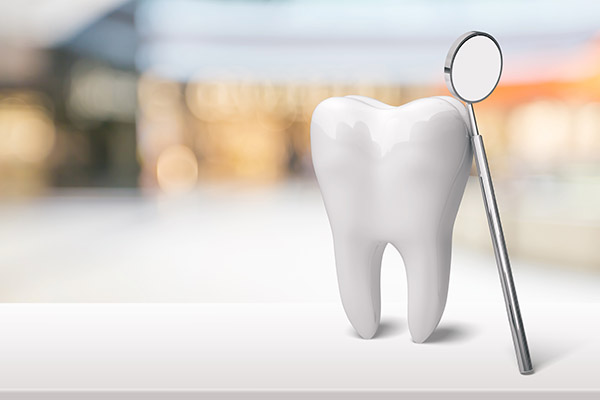 If you are missing one or more permanent teeth, dental implants may be an option for replacing them. Placing the implants requires an operation, and not everyone is a candidate for the surgery. Your dentist can discuss the criteria you must meet to be eligible. If you do not meet the criteria now, it may be possible to make some changes so that you qualify. However, in other cases, the disqualifying circumstances may be beyond your control.
If you are missing one or more permanent teeth, dental implants may be an option for replacing them. Placing the implants requires an operation, and not everyone is a candidate for the surgery. Your dentist can discuss the criteria you must meet to be eligible. If you do not meet the criteria now, it may be possible to make some changes so that you qualify. However, in other cases, the disqualifying circumstances may be beyond your control.
5 criteria you have to meet to be a candidate for dental implants
Failure of dental implants can be catastrophic. You are a good candidate for surgery if your circumstances minimize the risk of implant failure. Here are some of the criteria you need to meet.
1. Good oral health
If you have gum disease or infections in your mouth, it could complicate the surgery or lead to the failure of your oral implants. Therefore, you need to have good oral health before you can be considered a candidate for the operation. If you have an active infection, your dentist may prescribe antibiotics to address it. Once the infection is cleared up, you may be a candidate for the implant procedure. Your dentist may suggest other treatments to optimize your oral health prior to surgery, such as a routine cleaning.
2. Commitment to oral hygiene
It is not enough to have good oral health at the time of the procedure. You also have to be willing and able to maintain it through a commitment to good oral hygiene. Fortunately, dental implants do not require any special care beyond typical oral hygiene for natural teeth. If you require a major reconstruction, your dentist may require checkups at more frequent intervals than the typical six months. It is vital that you have checkups as scheduled by your dentist and maintain a home care routine of flossing and brushing once and twice daily, respectively.
3. Good overall health
Underlying medical conditions could complicate the procedure or interfere with healing. If you have a condition that could complicate your surgery, implants may be contraindicated, or it may be necessary to postpone the procedure. However, if the condition is under control, it may be possible to proceed.
4. Understanding of the risks and requirements
Any surgical procedure comes with risks. Before you commit to the procedure, the risks and benefits will be explained to you, and it is up to you whether the benefits outweigh the risks. You also need to understand that, even with an uncomplicated procedure, it takes months before the implant has fused sufficiently with the bone to support a tooth prosthesis.
5. Adequate jawbone density
For a dental implant to be successful, the jawbone has to be strong and dense enough to support it. However, following the loss of a tooth, the jawbone loses density due to calcium resorption. If the jawbone density is not sufficient, a bone graft procedure may strengthen it so it can support an implant. This increases the overall treatment time.
Conclusion
Your risk for failure of your dental implants determines whether you are a good candidate. It may be possible to improve the risks.
Request an appointment or call Precision Smiles at 201-204-1355 for an appointment in our Hackensack office.
Recent Posts
Many people in the United States have dental implants, but that does not change the fact that misinformation about the procedure still runs rampant. Check out these myths and facts about them to help you determine if implant surgery is right for you.There are many myths about implants. Learn about the myths and the facts…
For many people, dental implants can be a permanent solution for dealing with lost or damaged teeth. This type of treatment is designed to last a lifetime. Once it is complete and healed, patients can enjoy a more beautiful smile without having to worry about any dietary changes, difficult home care, or unnatural-looking teeth.Dental implants…
Losing a tooth can be uncomfortable in many ways, and dental implants might be the solution you are looking for. When you are missing a tooth, you may not like the look of your mouth, and you may have difficulty chewing. Dentures and bridges are options for you, but if you want a permanent answer,…


